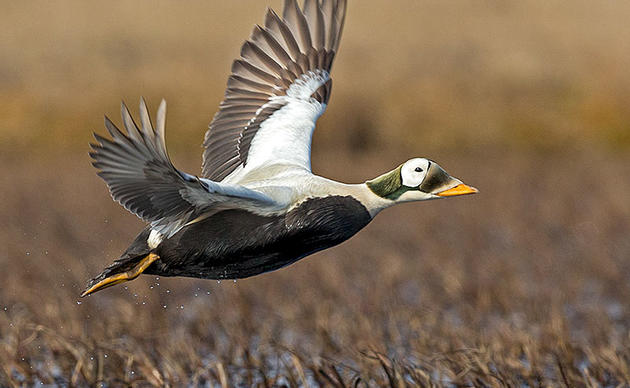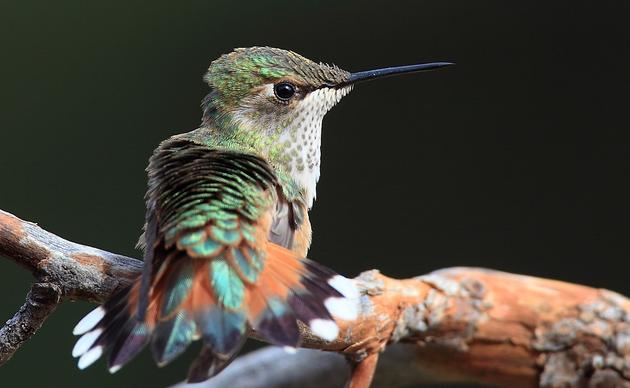Instead of accelerating the transition to a clean energy future, President Trump’s plan mires our economy in an unsustainable status quo
WASHINGTON – “The President’s plan is an unnecessary step backward. It wastes time that birds and people and the environment we share just don’t have. Every day we see more clearly that climate change is here, threatening our communities’ health and safety as well as driving beloved birds from their historic homes,” said Sarah Greenberger, Senior Vice President, Conservation Policy at the National Audubon Society.
“Instead of putting America’s birds and most vulnerable communities at risk, we must move forward together to the clean energy future we all know is rapidly creating jobs, while reducing emissions,” said Greenberger. “Instead, this plan tethers our energy economy to the past.”
In 2014, Audubon published its Birds and Climate Change Report. The study shows that more than half of the bird species in North America could lose at least half of their current ranges by 2080 due to rising temperatures. These species include the Bald Eagle, the American Kestrel and the Bullock’s Oriole. Given the urgent threat climate change poses to birds and people, Audubon supports common-sense, science-based, bipartisan solutions that reduce carbon pollution at the speed and scale necessary.
To learn more about Audubon’s Climate Initiative, including how members and supporters can take steps to help birds in a changing climate, please visit www.audubon.org/climate.
The National Audubon Society protects birds and the places they need, today and tomorrow, throughout the Americas using science, advocacy, education and on-the-ground conservation. Audubon’s state programs, nature centers, chapters and partners have an unparalleled wingspan that reaches millions of people each year to inform, inspire and unite diverse communities in conservation action. Since 1905, Audubon’s vision has been a world in which people and wildlife thrive. Audubon is a nonprofit conservation organization. Learn more at www.audubon.org and @audubonsociety.
###
Contact: Anne Singer, asinger@audubon.org, 202-271-4679



